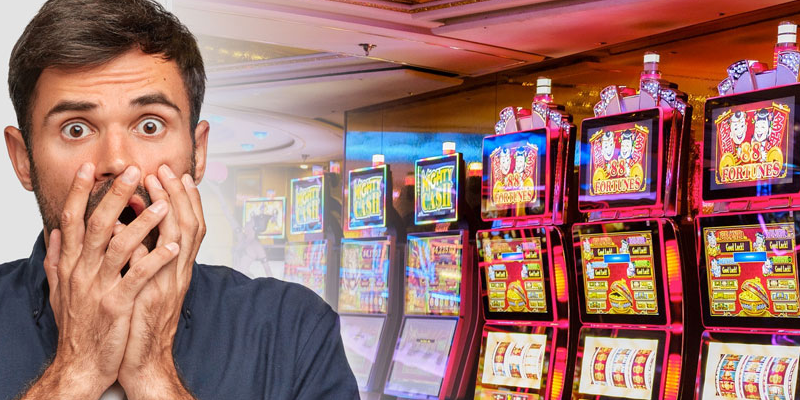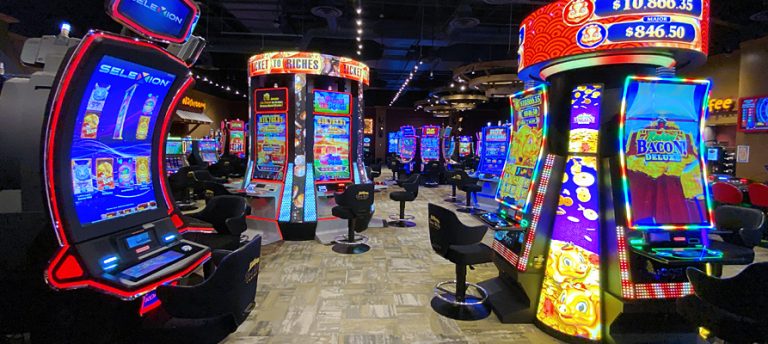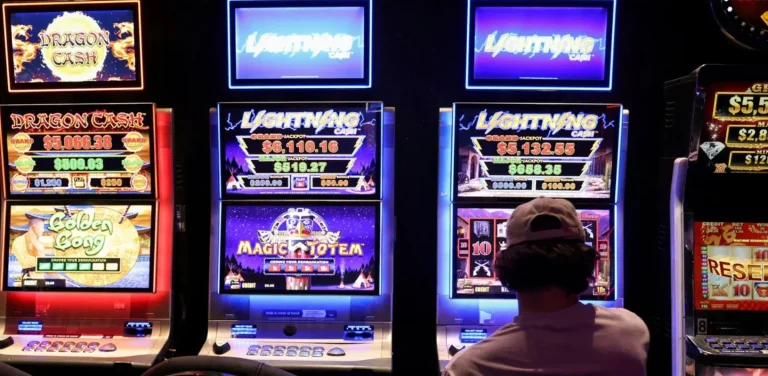Many players feel a sense of distrust toward slot machines, believing casinos can manipulate them at will to increase profits. You’ve probably heard some of these claims:
-
“California casinos don’t have minimum payout rules, so they set slots to 60%.”
-
“Tribal casinos don’t report paybacks, so their machines pay less.”
-
“Casinos lower payouts on weekends or holidays to take advantage of higher traffic.”
-
“Casinos increase payouts at night or early in the morning.”
-
“Using a player’s card reduces your chances of winning.”
-
“They can flip a switch and change payout settings instantly.”
But here’s the truth: Slot machines are not rigged. While they are designed to give the house a long-term edge, they operate on randomness, meaning any single spin could result in a win — including a jackpot.
Let’s Break It Down
1. Casinos Can’t Set Payouts However They Want
Slot machines are created by manufacturers, not casinos. Each game comes with a preset range of payout options, often between 85% and 98%. Casinos can only choose from these options — they can’t set a machine to a custom, ultra-low payout like 60% unless the game was designed to allow it (which it usually isn’t).
Older slot games often had higher baseline payouts, like 90% or more. So ironically, older machines may pay better than their modern counterparts simply because they were designed in a different era.
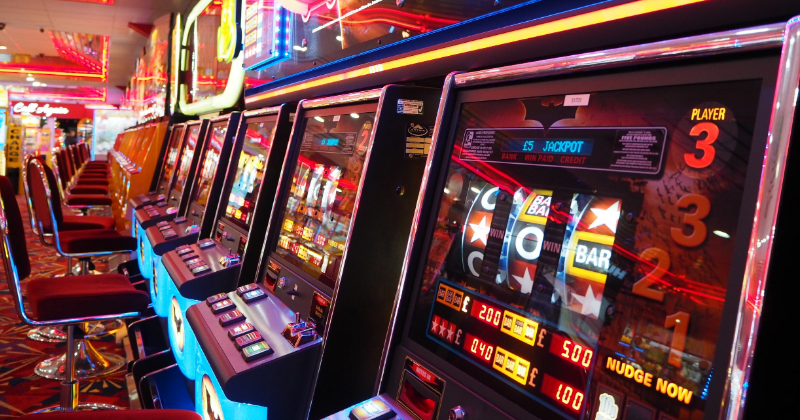
2. Random Number Generators (RNGs) Ensure Fairness
Every spin on a slot is determined by a Random Number Generator (RNG). As soon as you hit the spin button, the RNG picks a result from a vast pool of possible outcomes. The overall payout percentage is built into the outcome pool, but each spin is independent, and every spin has a chance to hit big.
Casinos cannot influence the outcome of individual spins or reduce the number of wins in real time. Manufacturers predefine the structure, and third-party labs certify that the game behaves according to those rules.
3. Machines Are Designed for Broad Market Use
Slot developers build games to meet regulations across many markets. So the same machine you see in Las Vegas may also be used in a tribal casino. Differences between casinos typically come down to the payout setting chosen within the allowed range, not wholesale redesigns.
Sometimes, small regulatory tweaks apply — like caps on max payouts or how difficult it is to win a jackpot — but the core gameplay and fairness remain consistent.
4. Casinos Rarely Change Paybacks
Yes, in theory, casinos can change a machine’s payout setting — but doing so is time-consuming and tightly regulated.
-
It requires physically opening the machine.
-
It takes around 45 minutes per machine.
-
In some states (like Nevada), a regulatory official must be present.
-
It’s usually only done when moving machines, replacing games, or during major floor updates.
Most casinos aim for a stable average payout per denomination across their gaming floor and stick with the setting that helps them meet that target. So the idea that casinos tweak settings daily or on holidays is more myth than fact.
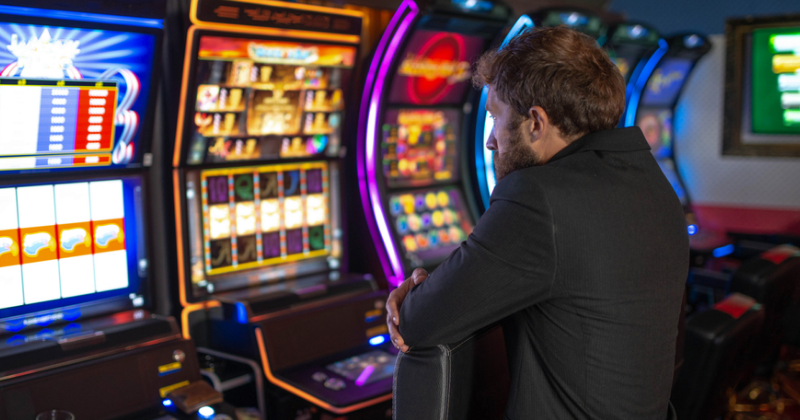
5. Players Cards Don’t Affect Payouts
Another common myth is that using a players card lowers your odds. Not true.
Players cards track your gameplay so casinos can offer you comps, free play, and promotions. They do not and cannot change how a slot machine behaves. The machine itself handles payouts — not the card system.
In fact, not using your players card could mean missing out on rewards. Unless you’re making a very small wager compared to your normal play (which could affect your average and future offers), it’s almost always smarter to use your card.
Bottom Line: Are Slot Machines Rigged?
No, they aren’t.
Slot machines are regulated, certified, and monitored. Casinos can’t just manipulate payouts on demand, and individual outcomes are governed by certified RNGs. While slots are designed to be profitable for casinos in the long run, they don’t need to be rigged — the math does the work for them.
So while it may be tempting to blame a bad run on your player’s card, the time of day, or some imaginary “switch,” the reality is far less dramatic. It’s simply the nature of gambling: sometimes you win, sometimes you don’t — and timing and luck are everything.

